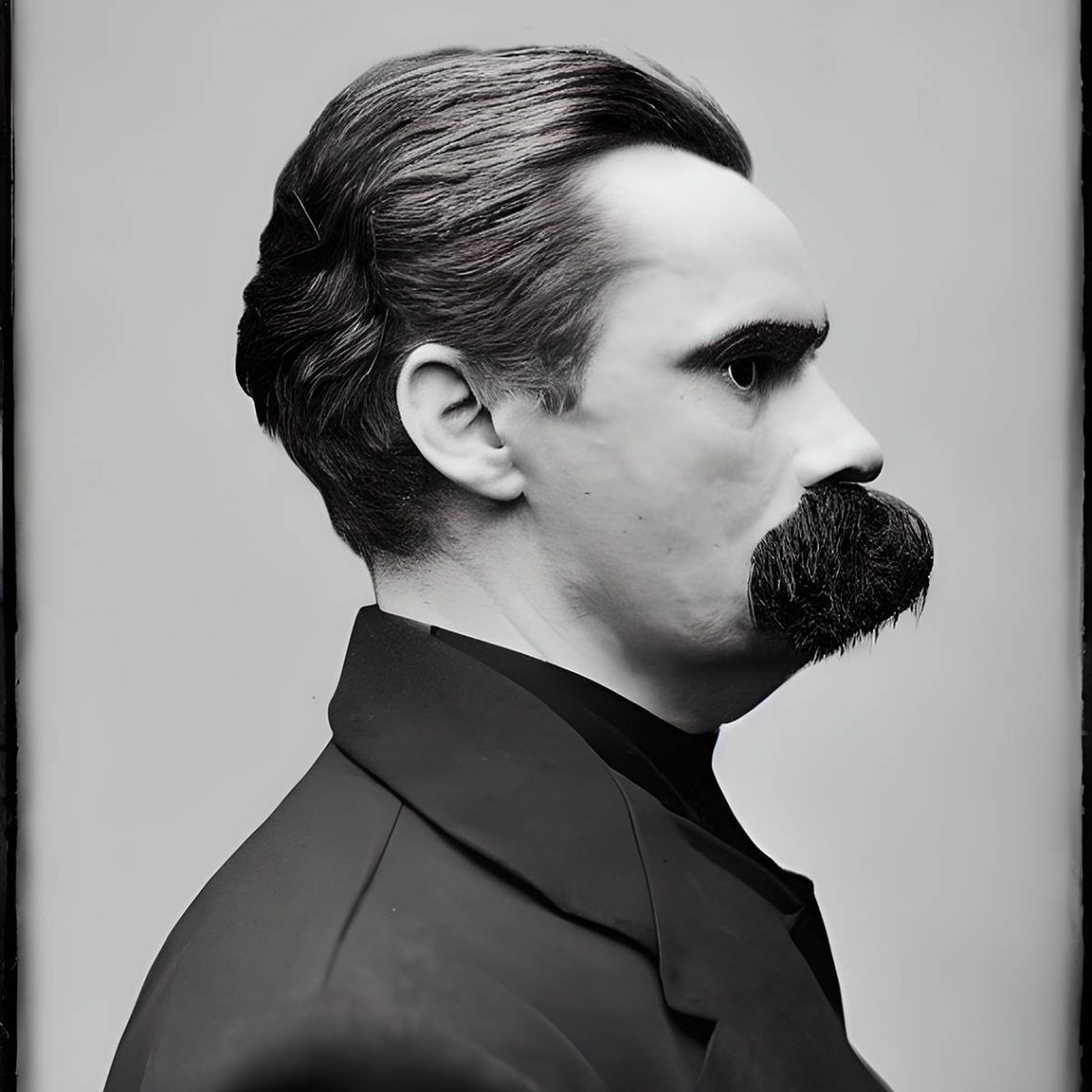Friedrich Nietzsche: A Philosopher Ahead of His Time – Life and Quotes
Friedrich Nietzsche was a German philosopher and cultural critic who lived in the late 19th century. His ideas were considered radical and unconventional for his time, but today he is considered one of the most influential philosophers in history. Nietzsche’s philosophy challenged traditional views on morality, religion, and culture and his writings continue to inspire and provoke intellectual discourse.
Early Life and Education
Friedrich Nietzsche was born on October 15, 1844, in the small town of Röcken, Germany. His father was a Lutheran pastor, and his mother was the daughter of another pastor. Nietzsche grew up in a deeply religious household, but his family’s faith did not take root in him. Instead, he developed a fascination with ancient Greek culture and philosophy, which would shape his intellectual pursuits throughout his life.
After completing his studies at the prestigious Schulpforta boarding school, Nietzsche enrolled at the University of Bonn to study theology and classical philology. He later transferred to the University of Leipzig, where he received his doctorate in philology in 1869. Nietzsche’s academic career began at the University of Basel, where he taught as a professor of philology for ten years.
The Birth of Tragedy
Nietzsche’s first major work, “The Birth of Tragedy,” published in 1872, made him an instant celebrity in intellectual circles. The book was a philosophical and historical analysis of ancient Greek tragedy, which Nietzsche saw as the embodiment of the Greek worldview, in contrast to the rationalism and materialism of modern culture. Nietzsche argued that tragedy represented a necessary tension between two opposing forces, the Apollonian and the Dionysian, which gave rise to the highest artistic achievements.
The Will to Power
Nietzsche’s most famous and controversial idea is the concept of the “will to power,” which he developed in his later works, particularly in “Thus Spoke Zarathustra“ and “Beyond Good and Evil.” The will to power is the driving force behind all human action, according to Nietzsche. It is not the will to survive, as Darwin suggested, but the will to exert one’s power and overcome obstacles that defines human existence. Nietzsche saw morality, religion, and culture as ways to suppress the will to power, to impose a false order on human life, and to deny the creative potential of the individual.
The Superman (Übermensch)
Another central idea in Nietzsche’s philosophy is the concept of the “superman,” or the Übermensch. The superman is a hypothetical human being who has overcome the limitations of morality, religion, and culture and lives according to his own values and instincts. Nietzsche saw the superman as the ideal of human evolution, the goal toward which humanity should strive.
Legacy and Influence
Nietzsche’s ideas were often misunderstood and controversial during his lifetime, and his reputation as a philosopher only began to grow after his death in 1900. His influence on modern thought, however, has been profound. Nietzsche’s critique of religion and morality paved the way for existentialism, postmodernism, and other forms of philosophical and cultural skepticism. His emphasis on individual creativity and the will to power has inspired generations of artists, writers, and thinkers.
Conclusion
Friedrich Nietzsche was a philosopher ahead of his time, whose ideas continue to challenge and inspire us today. His radical critique of religion, morality, and culture has helped to shape modern thought and culture, and his vision of the superman as the ideal of human evolution remains a powerful and controversial concept. Nietzsche’s legacy is a testament to the enduring power of philosophy to question and transform our understanding of ourselves and the world around us.

